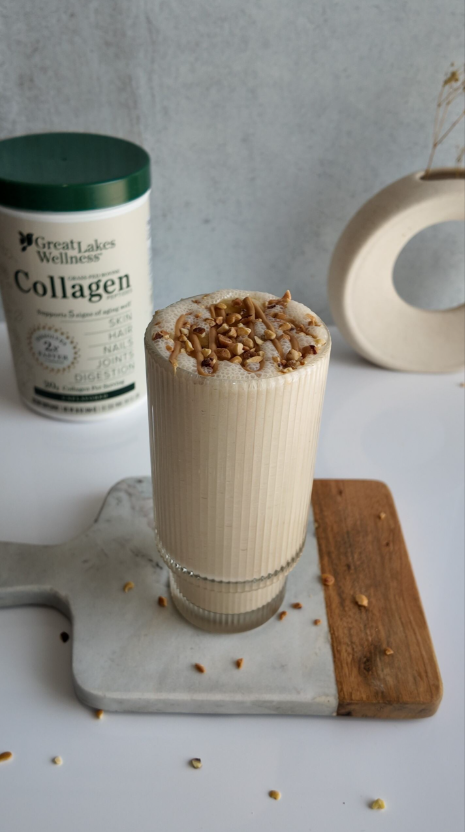What is Celiac Disease?
Celiac disease is an autoimmune condition. In order to develop celiac, a person must have a certain genetic predisposition in which consuming gluten triggers a response. Not all that inherit the gene for celiac disease develop it. There is evidence that there are other factors contributing to the development of it. Research has shown that one factor contributing to the development may be bacteria in the gut.
Celiac disease usually develops in young children after exposure to gluten. There are also a significant number of adults that develop celiac after many years of gluten consumption.
Those who suffer from celiac disease do not tolerate gluten. Gluten is a protein that is found in barley, rye, wheat and oats. According to the Celiac Disease Foundation, current "research indicates that pure, uncontaminated oats consumed in moderation (up to ½ cup dry rolled oats daily) are tolerated by most people with celiac disease. Look for oats specifically labeled gluten-free in all products containing oats, including granolas and granola bars."
When gluten is ingested it activates an immune response causing damage to the small intestine which in turn prevents absorption of some nutrients. A healthy intestine has finger like villi, whereas someone with celiac disease, the villi become flattened overtime. Villi are very important; they absorb the nutrients ingested and then shuttle the nutrients into your bloodstream so they can go where they're needed.

Symptoms of celiac disease are diarrhea, nausea and vomiting, bloating, gas, weight loss, anemia, fatigue, skin rashes, loss of bone density, headaches, numbness and tingling in feet and hands and joint pain.
Nutritional recommendations for those with Celiac Disease:
- Make sure to consume enough foods that have B-vitamins (thiamin, riboflavin, niacin and folate), iron and fiber.
- Thiamin sources: Lean pork, beans, peas, lentils, nuts and fish
- Riboflavin sources: Dairy, legumes, nuts, green leafy vegetables and mushrooms
- Niacin sources: Poultry, fish, lean pork, legumes and seeds
- Folate sources: Legumes, green leafy vegetables and fruit/fruit juice
- Iron sources: Lean cuts of beef, poultry, seafood, legumes, dried fruit, green leafy vegetables, nuts and seeds
- Fiber: vegetables, fruits, legumes, seeds, nuts
- Make sure to choose enriched gluten free products rather than unenriched products.
- Choose whole grain gluten free carbohydrates
- Whole grain corn, rice, millet, teff or sorghum
- Consider taking a gluten free multivitamin and mineral supplement
Sources: Celiac Disease Foundation, Today’s Dietitian: The Gut Microbiome’s Link to Celiac Disease, Academy of Nutrition and Dietetics
Disclaimer: The information provided is for informational purposes only and is not intended to diagnose or treat any medical conditions. Nor is it intended to replace the advice or diagnosis of a medical professional. Individual results may vary.








